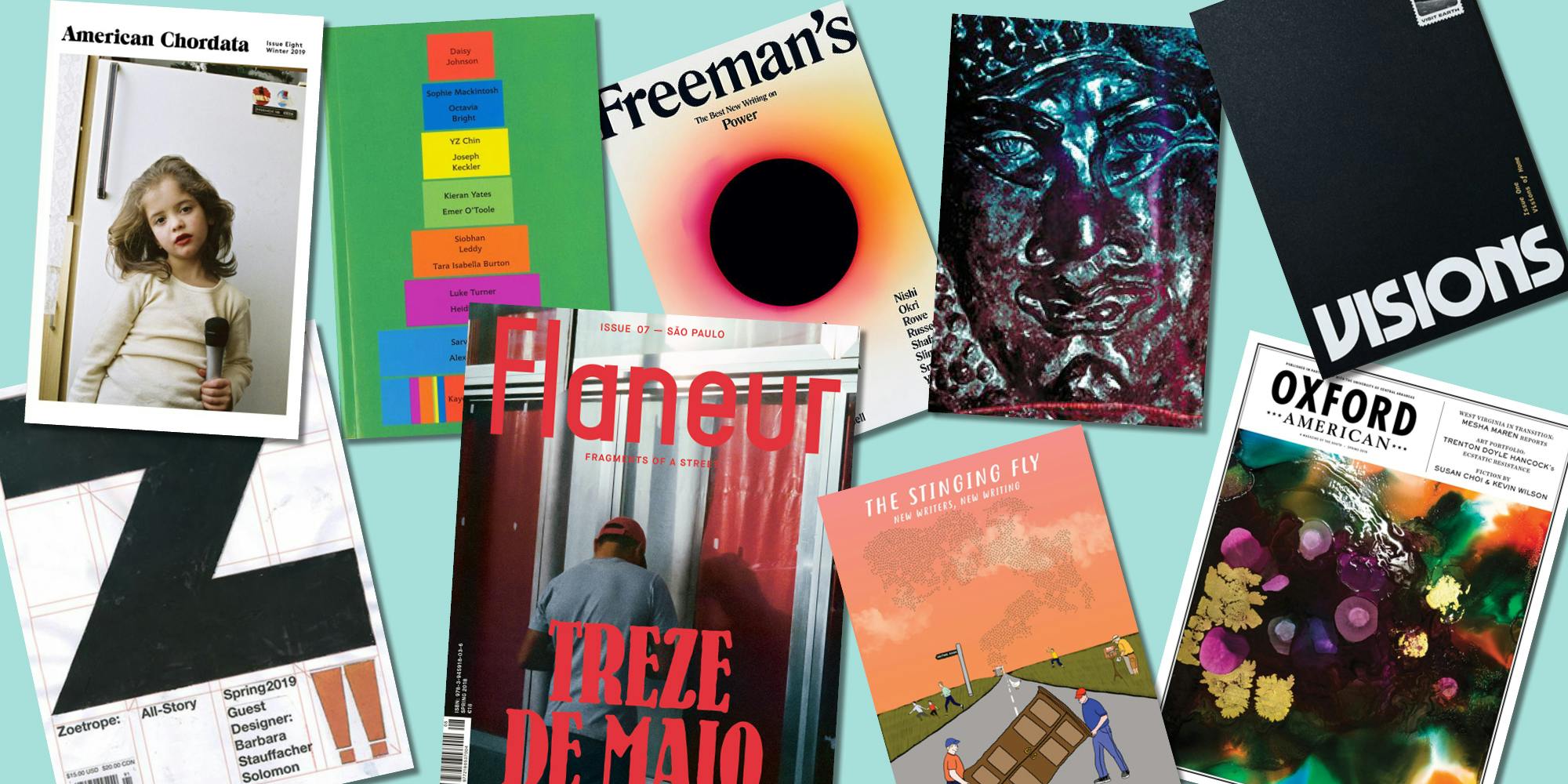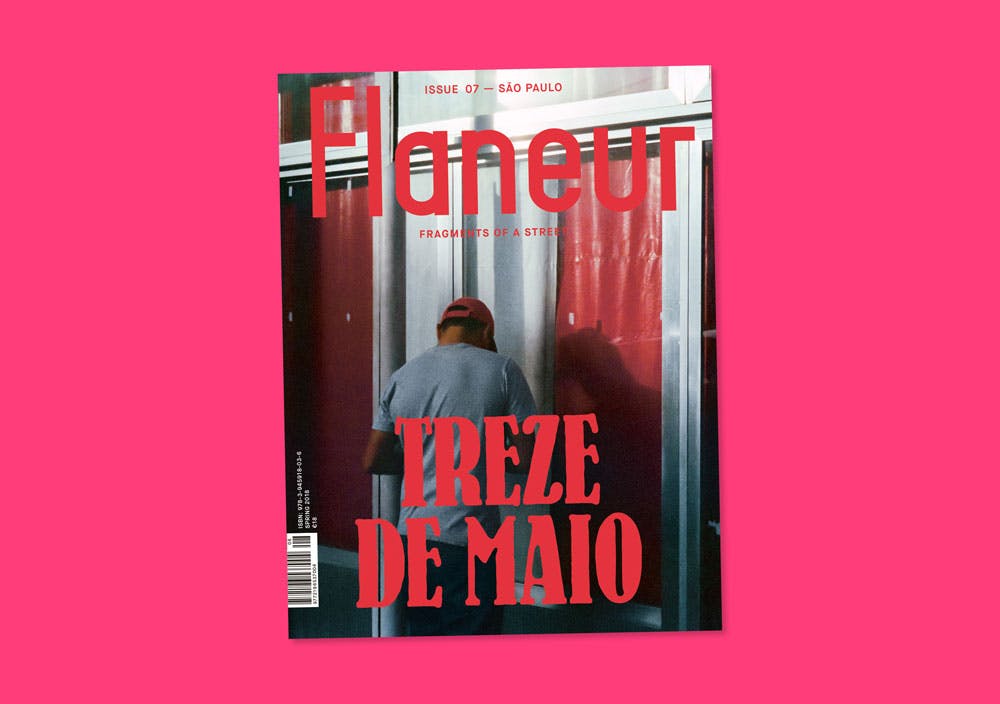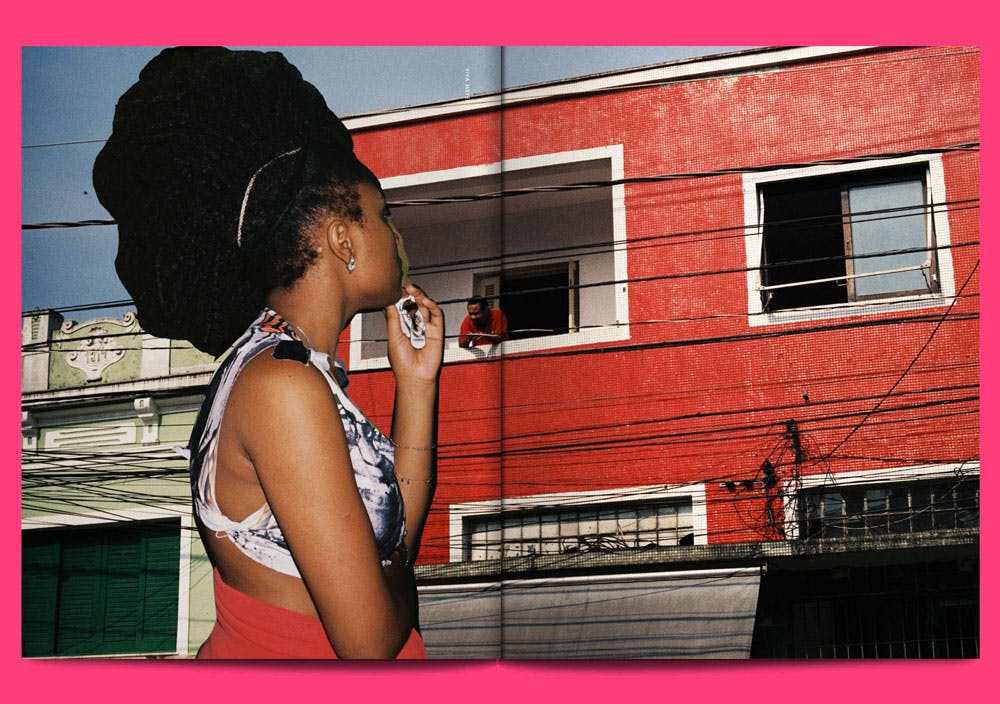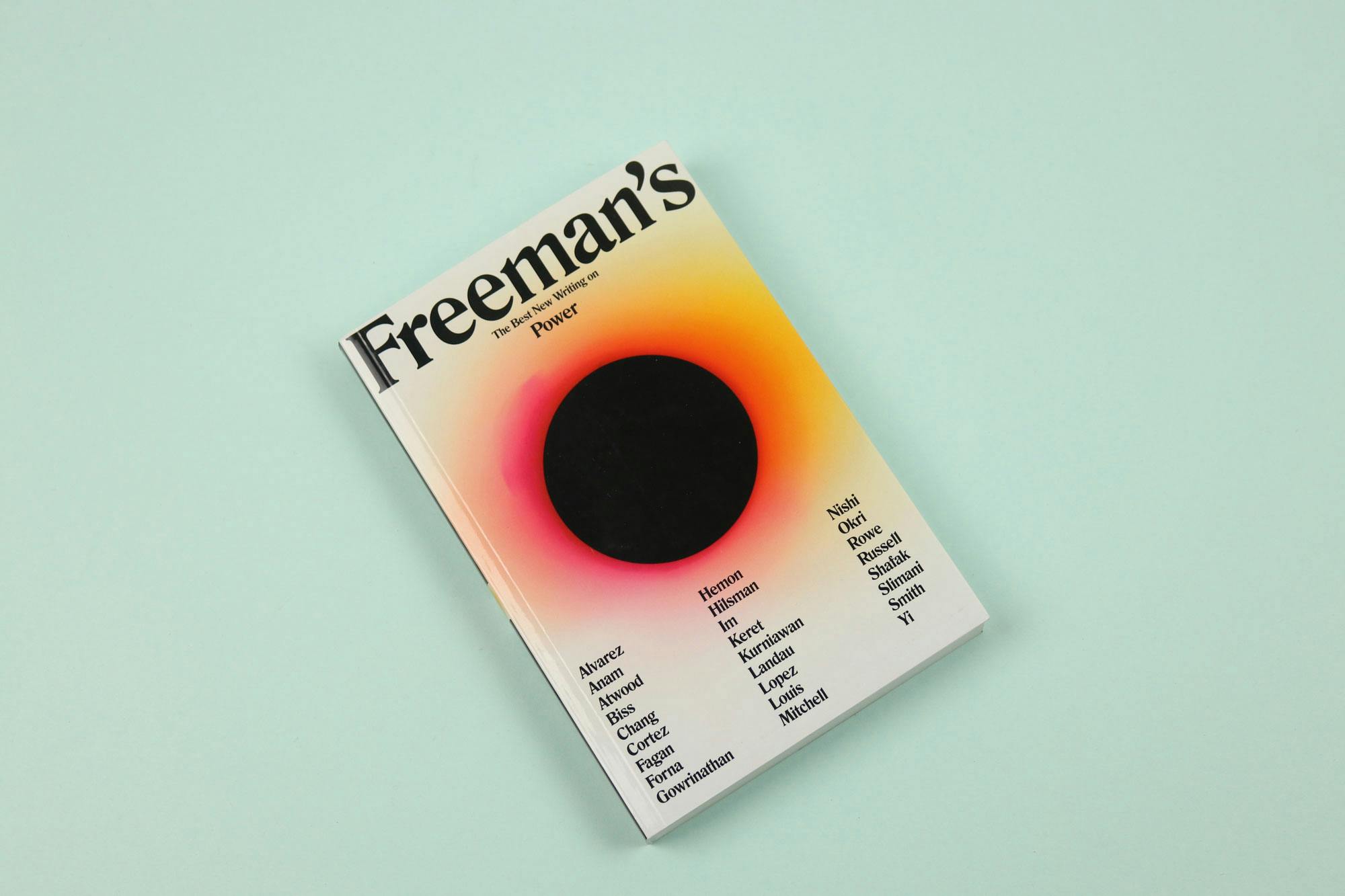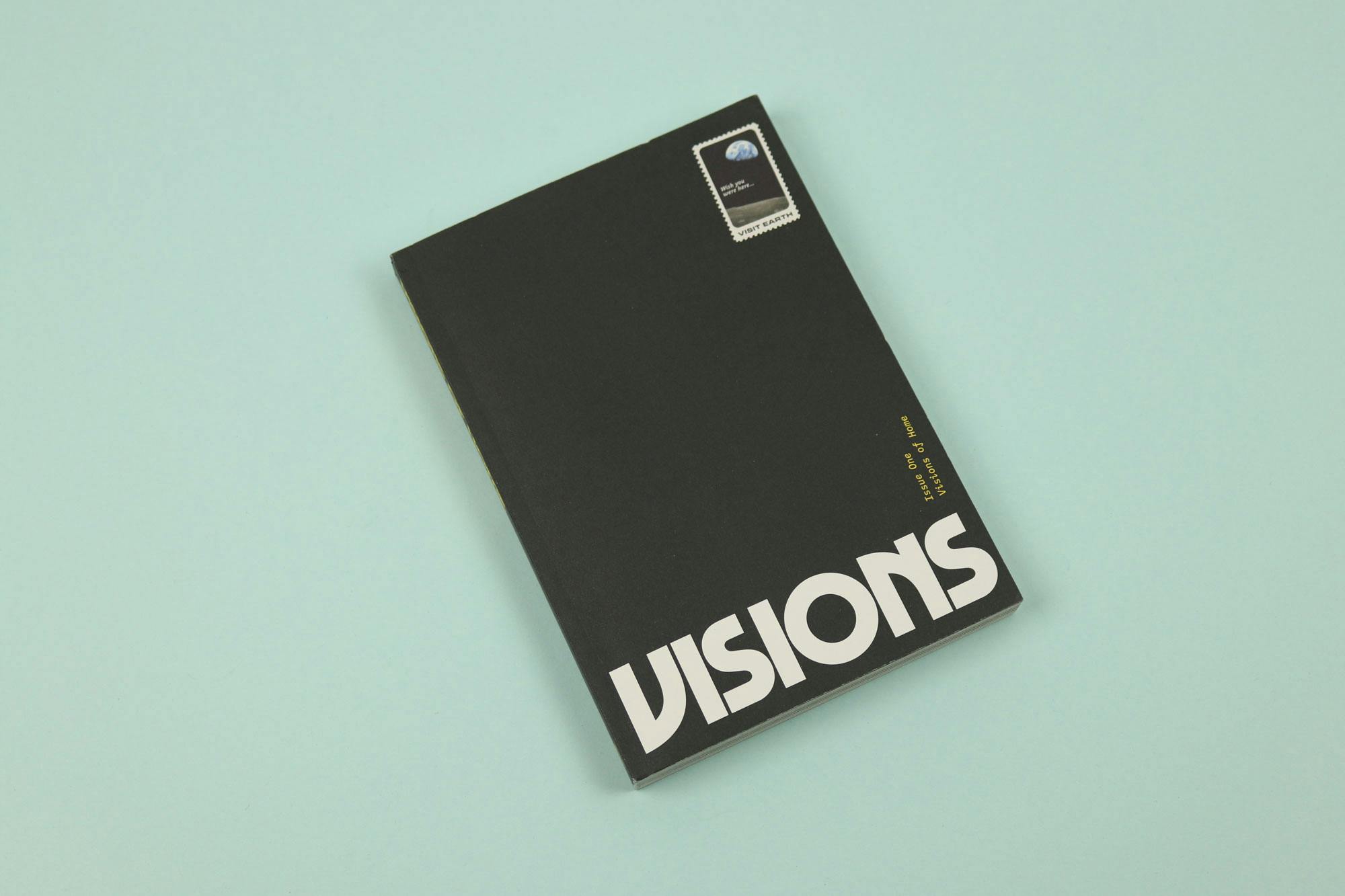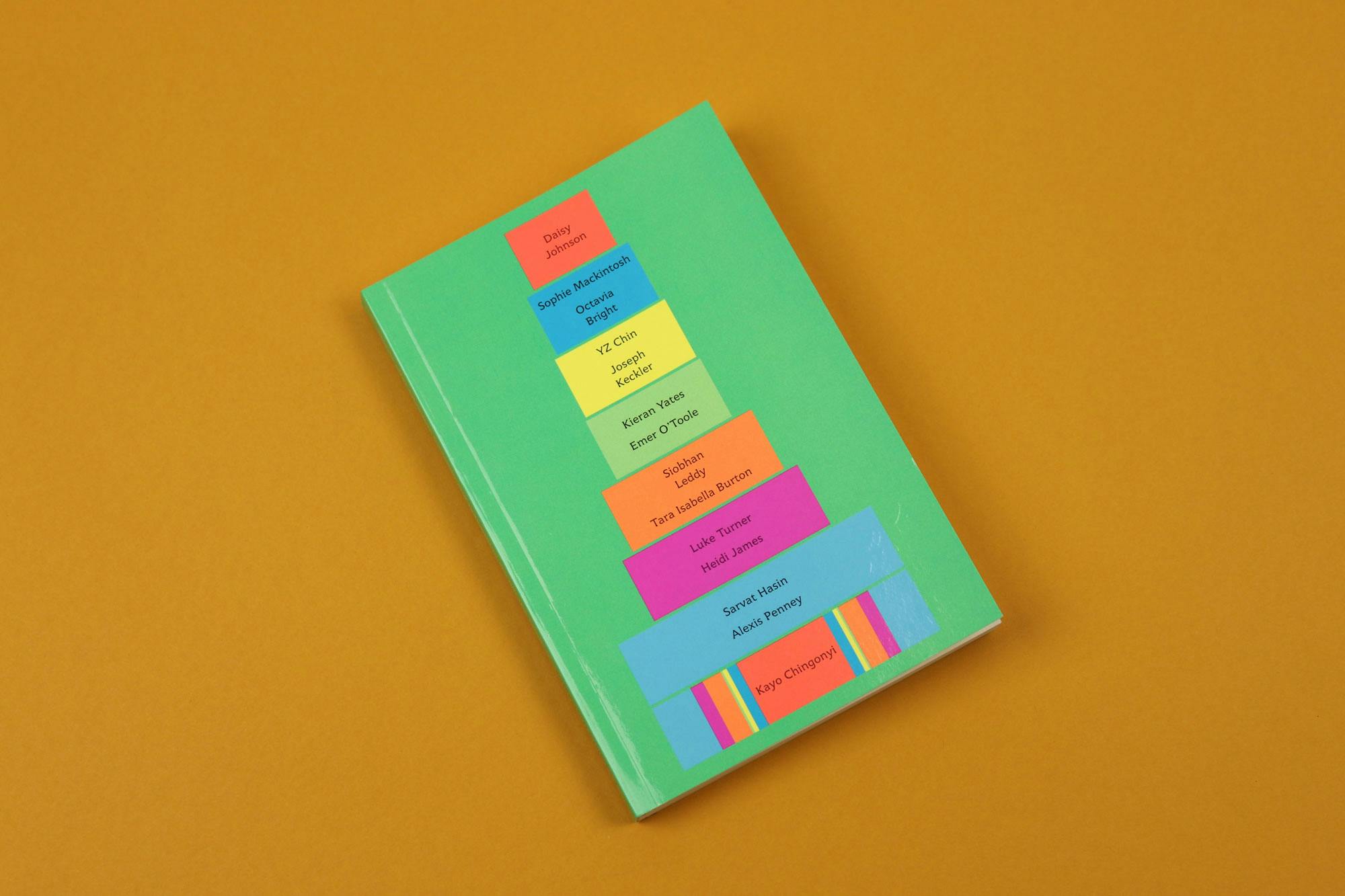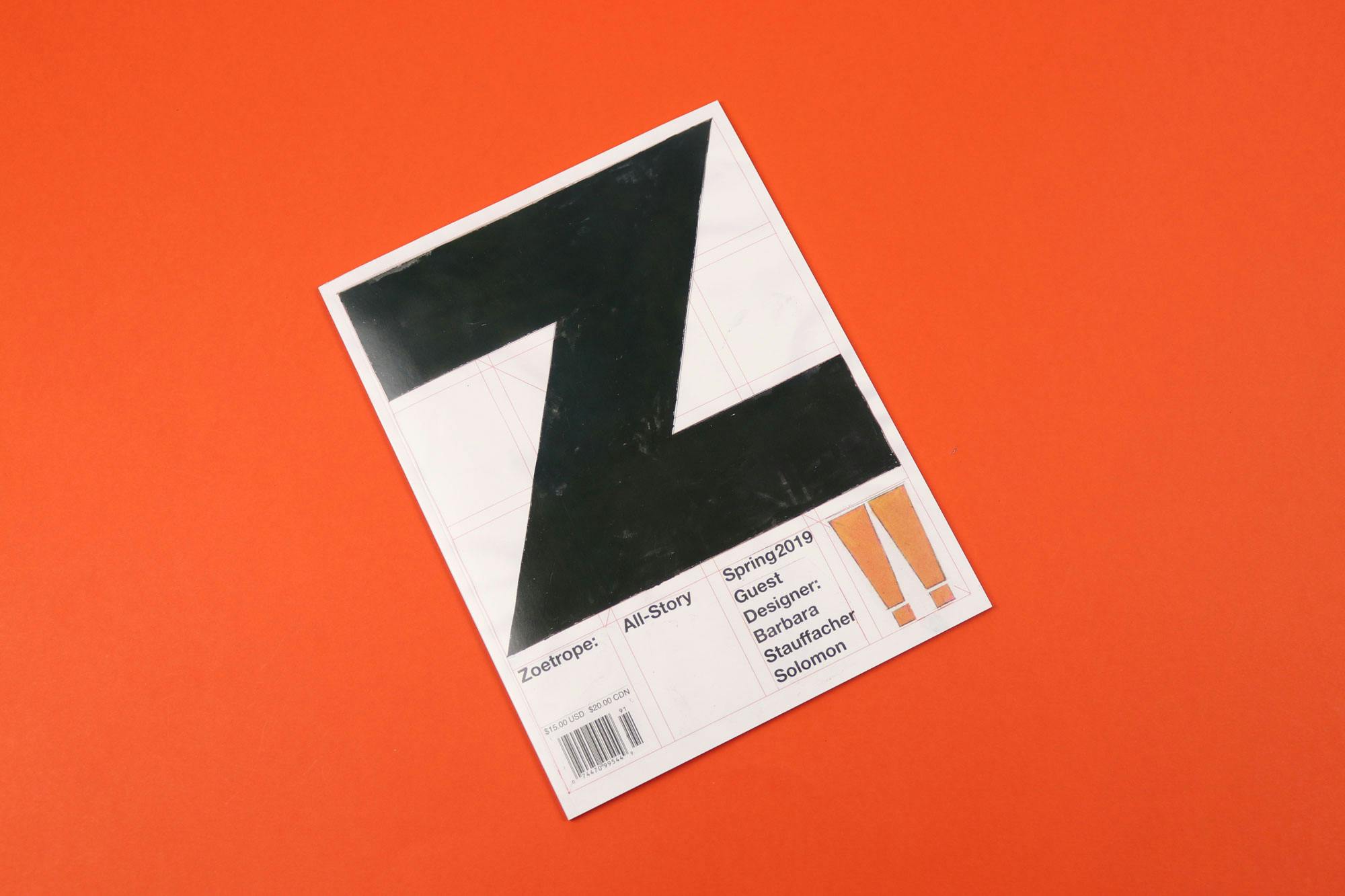The 9 best literary magazines in the world right now
This post was published in May 2019. To stay up to date with the latest independent magazine news and reviews, sign up for our monthly email newsletter
Much as we love magazines, a pitfall of many is that the writing inside doesn’t *quite* live up to the art. To redress the balance, we decided to round up our favourite independent literary publications — magazines where the writing is beautiful, and compulsive, and where sometimes, there are no pictures at all.
We are being deliberately vague about the term “literary” here: there are traditional fiction and lit. crit magazines listed, but we’ve also included a sci-fi publication, and a psychogeography title. The only thing that really unites the magazines on this list is that every one is an exceptionally good read.
Published in the month the UK was meant to leave the EU, the 24th issue of The White Review invokes the power of black magic. The spell-infused opening essay takes seriously the idea of the sacred, and the supernatural, defining a witch as “one who uses language to cause change in the material world”. You can read that as a statement of editorial intent, as the interviews, poetry and stories in the issue return to this idea of finding language powerful enough to save us, or to somehow cut through. One of the nicest things about The White Review is that it’s academic, and earnest, but at the same time it’s playful. There’s a wicked, witchy element to the art in this issue, too: one of our favourite spreads features a series of latex teats.
An Irish literary magazine of new writing, the latest edition of The Stinging Fly (their 40th) received 982 submissions of short stories alone. The 14 that made the cut are tight and unusually spare. Sally Rooney is a contributing editor, and on these pages there’s an echo of her attention to the minute detail of how we see ourselves and are seen by others. In the very first story in the collection, Harpies, our narrator describes herself: “I am small, brunette, and round. I crouch next to beauties like a full stop. I accentuate.” Usually you can smell the weakness in a story — its bagginess or self-indulgence. Reading The Stinging Fly you get that delicious feeling of surrender; of being in safe hands.
Flaneur presents one street per issue, spending months living in their chosen location — most recently they moved to Taipei – before heading back to Berlin to piece the whole magazine together. They define their approach as “literary” in the sense that it is self-consciously subjective. The picture they build of a street is woven together out of scraps of private correspondence, polaroids, and half-memories. One of our favourite pieces in the last issue, which zeroes in on a street in São Paulo, tells the story of racial segregation in Brazil via a conversation overheard in a lift.
Freeman’s looks like a book but it self-defines as a magazine. “I think a magazine is tracking and engaging with culture,” explains editor John Freeman, who used to head up Granta. “It has an ongoingness, whereas an anthology freezes a moment, perhaps, and puts it in two covers.” The fifth issue is about power: it’s topical, but in a pleasurably sideways way. One of the most beautiful things here is a poem by Julia Alvarez that reimagines Penelope, happy alone, disappointed when Odysseus finally comes home: “He’s back, disguised as an old man/ to test my virtue … I would be rid of him.”
Self-described as ‘a magazine of the South’, the rich, difficult essays in Oxford American come as a surprise. One painful piece in the Spring ‘19 issue is about the propagandic power of plantation houses, and the architecture of white supremacy: “beauty is often a con — a lure … Think of Stalin’s symmetrical Seven Sisters. Think of Vivien Leigh’s face, that dress made of drapes.”
A science fiction magazine funded by the sale of its own delightfully 80s type-face, the first issue of Visions is all about ‘Home’. Interspersed with bright yellow pages of flash-fiction written in collaboration with a computer bot, stories are bizarre, but they also have a quiet, poetic quality. One of our favourite pieces in the issue imagines a future where the whole human race will be homeless, because we will have induced ourselves into “ultra-high frequency radiation, and shone ourselves into the depths of interstellar space”. Another highlight is a dinner-date with a hologram of F. Scott Fitzgerald.
The fourth issue of this UK literary journal is themed ‘redemption’, a word editor Suze Olbrich defines as borderline archaic. But the idea of absolution still sticks its pins into us. In a largely secular world, we share what Olbrich calls a “gnarly yearning for liberation from guilt; for forgiveness — for salvation”. It’s a great theme, and while the stories on these pages are uneven, when they’re good, they’re very very good. Like Luke Turner’s beautiful, ambivalent essay on cruising, looking back on encounters he is now old enough to recognise as abusive. And Kieran Yates’ fan fiction about women of colour in popular culture; from Padma Patil, to Ursula from The Little Mermaid.
One of the defining characteristics of New York-based American Chordata is that it looks really good. Mixing short stories and poetry with photography, the pictures aren’t specially commissioned. Instead, art director Bobby Doherty mines the internet for art all year long, and then sets his favourites next to the text in a strange, non-illustrative way, almost like collage. In the most recent issue — AC’s eighth — a short story about a murderess with a twig growing out of her stomach is bookended, sensuously, by a black-and-white image of two teenagers snogging.
Founded by Francis Ford Coppola in 1997, Zoetrope was originally conceived as a way to inspire independent movie-making, by providing a space for writers to publish their short fiction and plays. The magazine’s role-call of contributors is ludicrously star-spangled — the rotating guest-designer spot has been filled by Bowie and Lynch, to name only Davids. But what makes this magazine remarkable is how lightly it wears its famous names. Virtually unknown outside literary circles, and boasting just around a thousand Instagram followers, you get the feeling the only thing its editors really care about is the quality of the fiction. Which, of course, is consistently excellent: the latest issue opens with a horrible, wonderful short story about a woman who can only get to sleep when pinned down by the weight of somebody else’s flesh.
